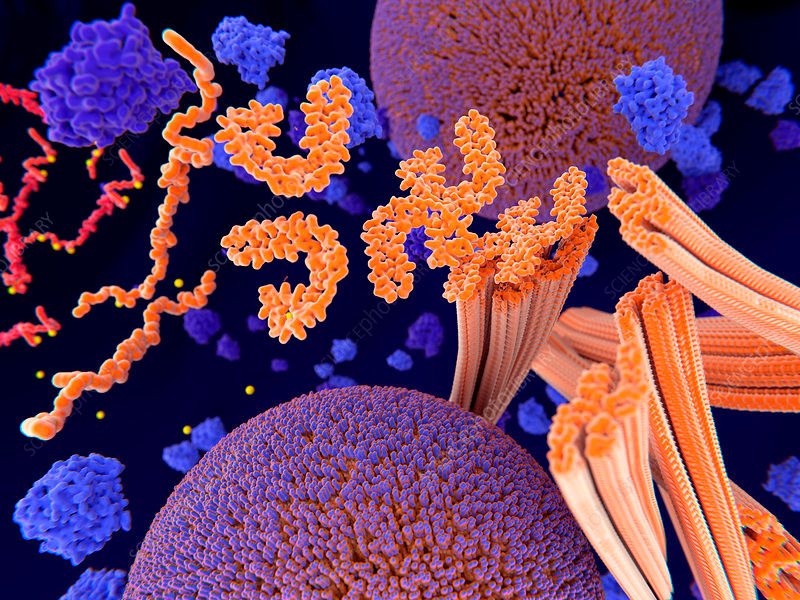Refining the Distinction Between Alzheimer's and Dementia
- Bill Sales
- Jun 14, 2024
- 2 min read
Beyond the Car Trouble: Unveiling the Pathophysiology of Alzheimer's vs. Dementia (#SilverStreakers #BrainHealth #DementiaAwareness)
Hey Fellow Silver Streakers! Remember in our recent podcast episode, "Optimizing Research: Refining the Distinction Between Alzheimer's and Dementia," we compared dementia to a car problem? Well, "buckle up", because today's blog dives deeper under the hood to explore the unique "engine troubles" of Alzheimer's disease.
Dementia: A Spectrum of Causes
As we discussed, dementia isn't a single disease, but a term encompassing various conditions that impact thinking, memory, and reasoning. Each type of dementia has its own underlying cause, affecting the brain in different ways.
Pathophysiology: The Engine Room of Disease
Pathophysiology is the branch of science that explores how diseases manifest at a cellular and tissue level. So, when it comes to dementia, pathophysiology helps us understand the specific changes that occur in the brain, leading to symptoms.
Alzheimer's: The Rogue Protein Party
Alzheimer's disease is the most common form of dementia, characterized by the abnormal buildup of two proteins in the brain: amyloid plaques and tau tangles. These rogue proteins disrupt communication between brain cells, leading to memory loss, cognitive decline, and eventually, significant challenges with daily life.
Other Dementias: Different Culprits, Similar Symptoms
While Alzheimer's focuses on protein buildup, other dementias have different villains. For example, #Lewy body dementia, involves abnormal protein deposits called Lewy bodies, while vascular dementia results from damage to blood vessels supplying the brain.
The Importance of Distinction
Understanding the unique pathophysiology of each dementia is crucial. Why? Because just like fixing a car requires knowing the specific problem (engine trouble vs. flat tire), treating dementia effectively depends on pinpointing the culprit.
Probing Questions for Silver Streakers:
Have you or a loved one experienced memory or cognitive decline? Did you know about the different types of dementia? Share your experiences and questions in the comments below!
As we learn more about the pathophysiology of dementia, what research areas are you most interested in? Leave a voicemail message at The BH Sales Kennel Kelp Holistic Healing Hour Voicemail Message Board , and we might feature your thoughts on a future episode!
Join the Conversation!
Dementia research is constantly evolving, and your voice matters. Sharing your experiences and questions helps researchers refine their understanding of these complex conditions. Remember, Silver Streakers, by working together, we can optimize the path towards better diagnosis, treatment, and ultimately, a cure for dementia.
So, keep those comments and voicemails coming! Until next time, stay strong, stay healthy, and keep on Silver Streaking!






Comments